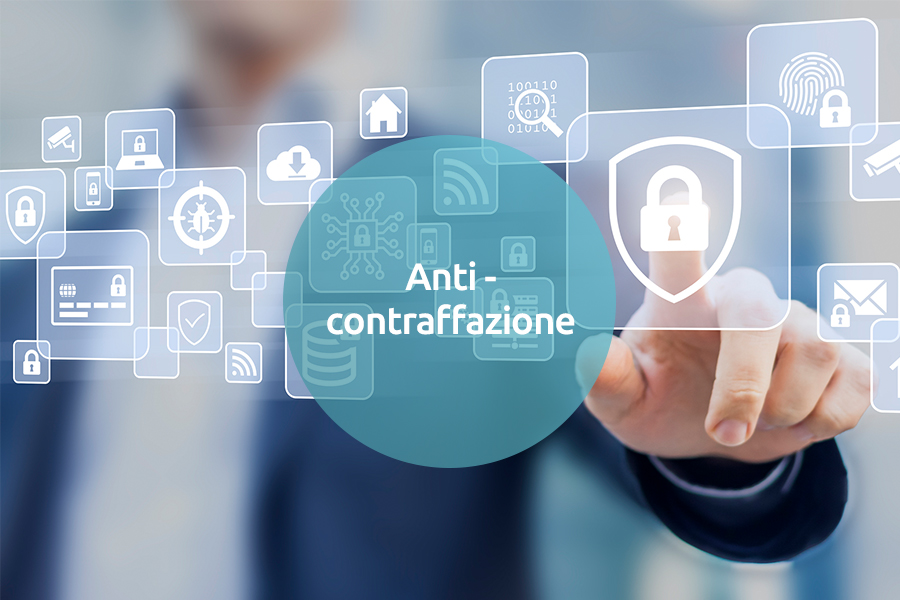In early 2015 the Court of Milan issued several decisions concerning the application of Article 79 of the Industrial Property Code, which was amended in 2010. In some of these cases the court addressed whether and under what conditions a patent holder may reformulate a set of claims contained in a granted patent.
Old Article 79
The previous text of Article 79(3) of the code, as set out in Decree-Law 30/2005, read as follows:
“The request for the limitation shall not be upheld if an invalidity proceeding of a patent is pending and until the relevant judgment has become definitive. Nor can such request be held to be lacking the consent of the third parties having recorded deeds or decisions granting or ascertaining economic rights or judicial claims through which the grant or ascertainment of such rights is requested.”
New Article 79
Article 79(3) of the code, as modified by Decree-Law 131/2010, reads as follows:
“3. In a proceeding concerning nullity, the owner of the patent has the right to submit to the Court, at any stage or instance of judgment, modified claims that remain within the limits of the content of the patent application as initially filed and that do not extend the protection conferred by the patent granted...
“3-bis. When there is both a limitation of the European patent following a limitation procedure as per the European Patent Convention, and a limitation of the same European patent with effect in Italy following a national procedure, the scope of protection conferred by the patent is determined taking into account each of the limitations established.”
Three decisions shed light on new Article 79
In 2008 Gruppo Imar sued Viessmann for infringement of Italian Patent IT1375300, relating to a heating system. In 2009 DSM sued Beijing Tongyizhong Specialty Fiber Technology and EOS 3 for infringement of the Italian portion of European Patent EP1126052, relating to polyethylene fibres. In 2010 Luigi Tellini sued Boston Scientific and Guidant Italian (which subsequently merged) for infringement of Italian Patent IT1266980, relating to a pacemaker.
In each of these proceedings the defendants successfully raised a counterclaim of invalidity for the respective patent. After the Court of Milan declared each patent to be null and void as granted, the plaintiffs filed reformulated sets of claims based on the new version of Article 79. In turn, the defendants objected to each of the claim reformulations. The court was thus faced with the preliminary step of determining the correct application of Article 79 before turning to the validity and infringement issues.
How new is 'new' Article 79?
The version of Article 79 introduced in the 2010 reform had two aims:
- to provide patent holders with the ability to salvage a granted patent found to be invalid during court proceedings; and
- to promote better cooperation between the parties and the courts.
Specifically, new Article 79 sought to modify – and improve – the previous situation in which it was essentially impossible to limit or reformulate a patent during invalidity proceedings. It is now possible for the patent holder to submit to the court – and only to the court – a set of amended claims. According to Article 79, claim reformulation is permissible at this stage only when the patent is examined before the court and not during examination conducted by the Patent Office. In particular, this procedure is available only when patent invalidity proceedings are pending; mere infringement proceedings are not sufficient and are not mentioned in the article.
Further, once the reformulated claims are submitted to the court, the court-appointed expert (who usually assesses the validity of the patent as granted) has no right to express an opinion regarding a reformulated set of claims, unless expressly requested to do so by the court. In Gruppo Imar v Viesseman Gruppo Imar had initially filed six “auxiliary requests” for reformulation directly to the court-appointed expert during the technical expertise phase of the litigation. Following instructions from the presiding judge, Gruppo Imar had to refile a proper request for reformulation to the court itself rather than to the expert.
New Article 79 also seems to raise procedural problems since the parties have a right to reformulate a set of claims "in every stage of the process" (ie, the invalidity proceedings). Thus, the article seems to permit patent holders a potentially infinite number of reformulations. However, the article must be read in the context of the rest of the code. In the code the reformulation of claims is part of a scheme aimed at guaranteeing due process and a broader right of defence.
Therefore, Article 79 is consistent with the code's general principle of saving patent rights whenever possible and, as evidenced by Article 76(3) 3, allowing the conversion of an invalid Italian patent into an Italian utility model. Reformulation may be requested at "any stage of the proceedings" – at least until the hearing at which the parties present their final arguments – in order to allow the judges to order new technical expertise, if necessary. Going beyond this stage in the proceedings would violate constitutional principles.
As Gruppo Imar v Viesseman evidenced, however, the court can exert its discretion in evaluating parties' behaviour during the proceedings – including the number of reformulation requests advanced and the timing of their filing – when deciding which party should bear the costs of litigation, and in what amount. Overall, new Article 79 provides patent holders with an important and fundamental tool to adapt and save a patent during invalidation proceedings, provided that the new scope of protection “remains within the limits of the content of the patent application as initially filed and does not extend the protection conferred by the patent granted”.
Finally, while Decree-Law 131/2010 provides transitional provisions for other modified articles, it implicitly excludes Article 79 from these. In each of the three cases mentioned above the defendants asked the judges to reject claim reformulation requests because the old text of Article 79 was in force when the proceedings began. In all three cases the judges rejected this argument, citing the lack of transitional provisions in the law and concluding that the cases fell within the scope of new Article 79.
Comment
These decisions have established the following general principles regarding new Article 79 and its application:
-
The patent holder may propose alternative sets of claims during prosecution before the Patent Office and can reformulate its claims during invalidity proceedings directly before the court.
-
The reformulated set of claims must remain within the limits of the content of the patent application as initially filed and cannot extend protection conferred by the patent as granted.
-
The request for reformulation may be filed during invalidity proceedings only before the court and may not be submitted directly to the court-appointed expert, who subsequently may be consulted by the court at its discretion.
-
Technically the request for reformulation may be filed at "any stage of the proceedings", although in practical terms the request must be made before the hearing to present final arguments, in order to permit the court to consider ordering additional technical expertise. However, the court has the discretion to evaluate any “unfair” behaviour by the parties when assigning costs.
-
Even if invalidity proceedings were started before the new text of Article 79 came into force, the patent holder can still file reformulated claims.




